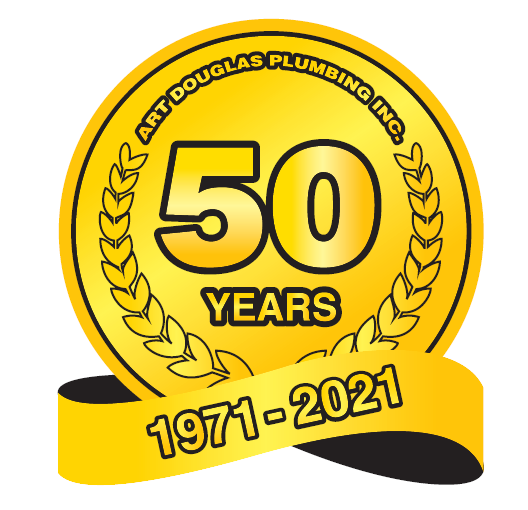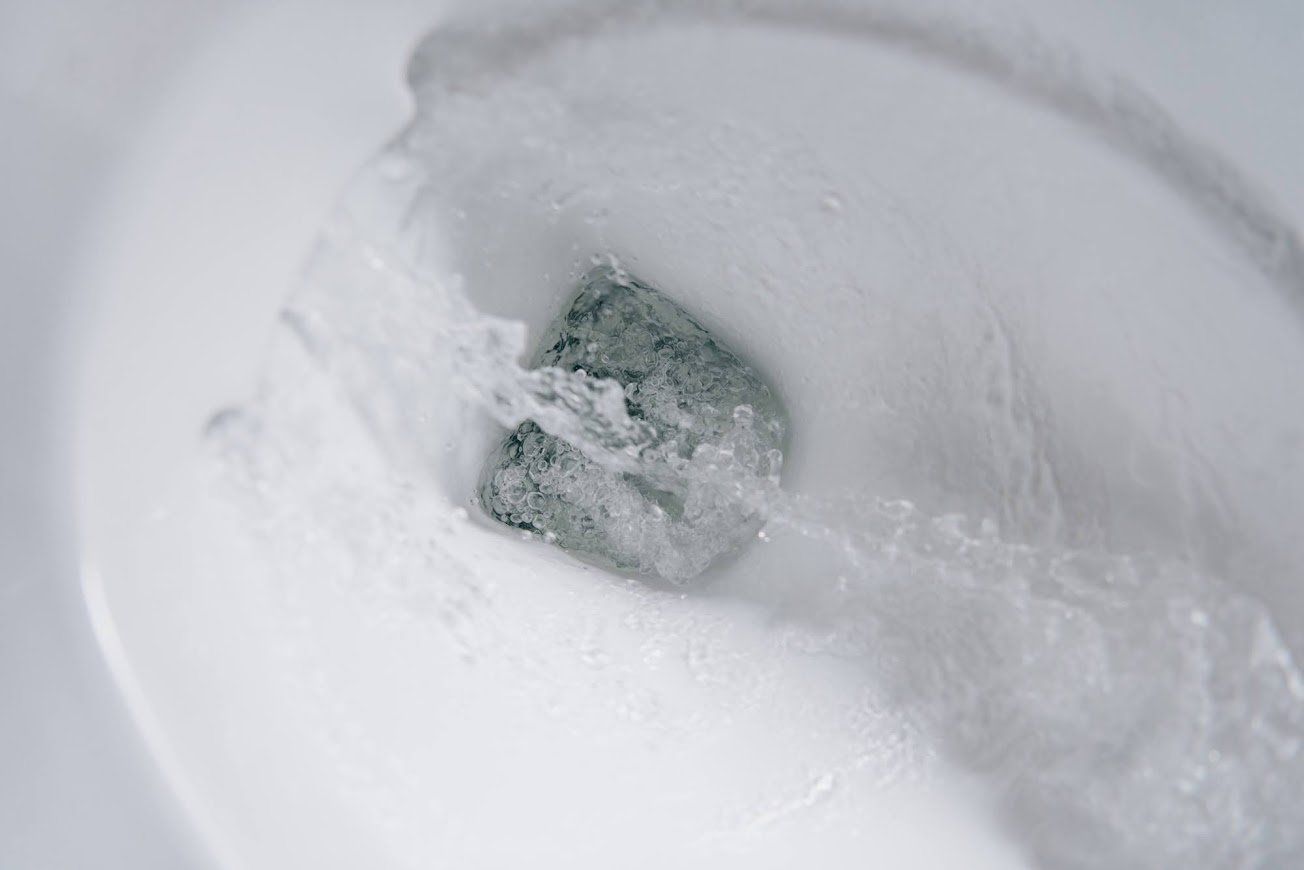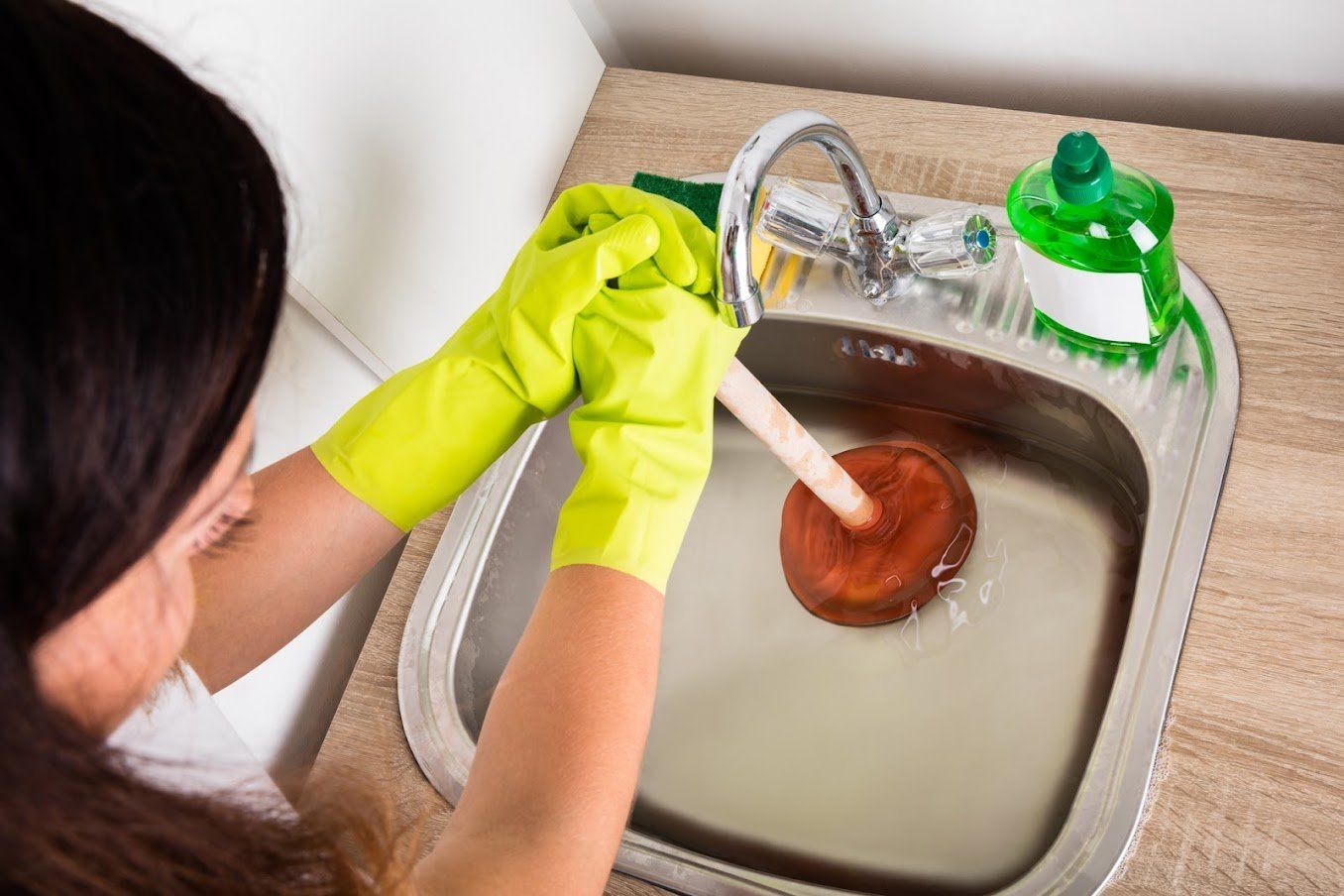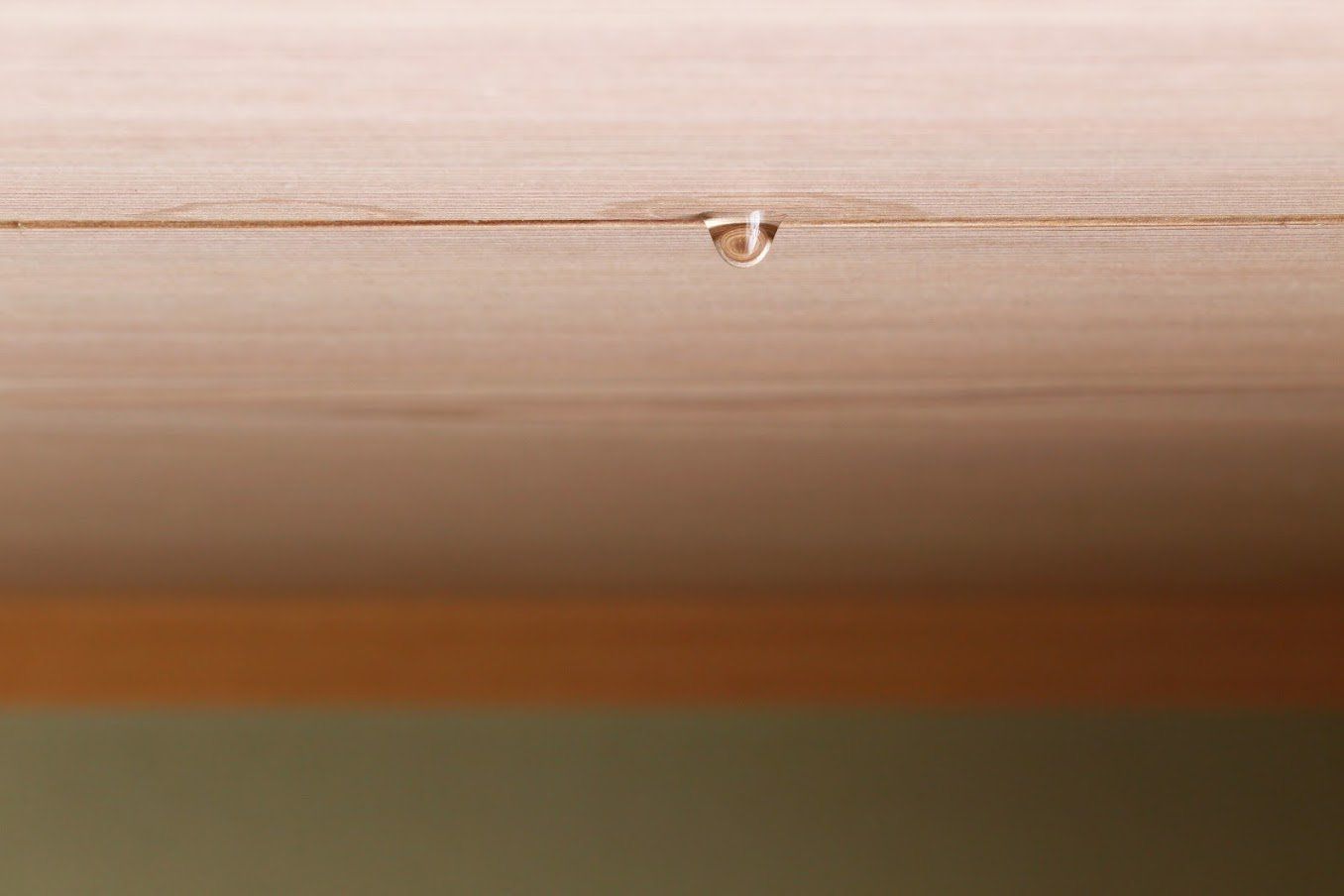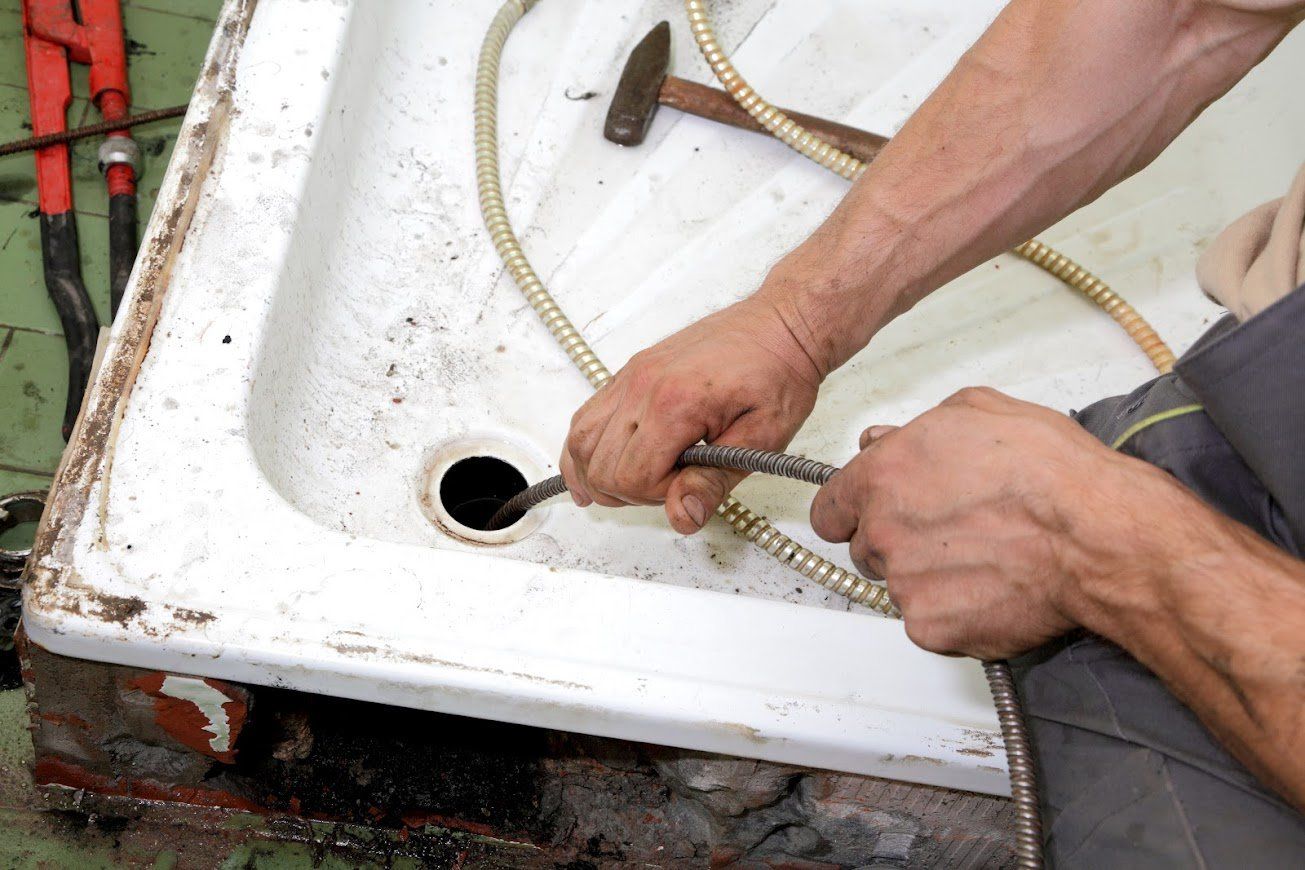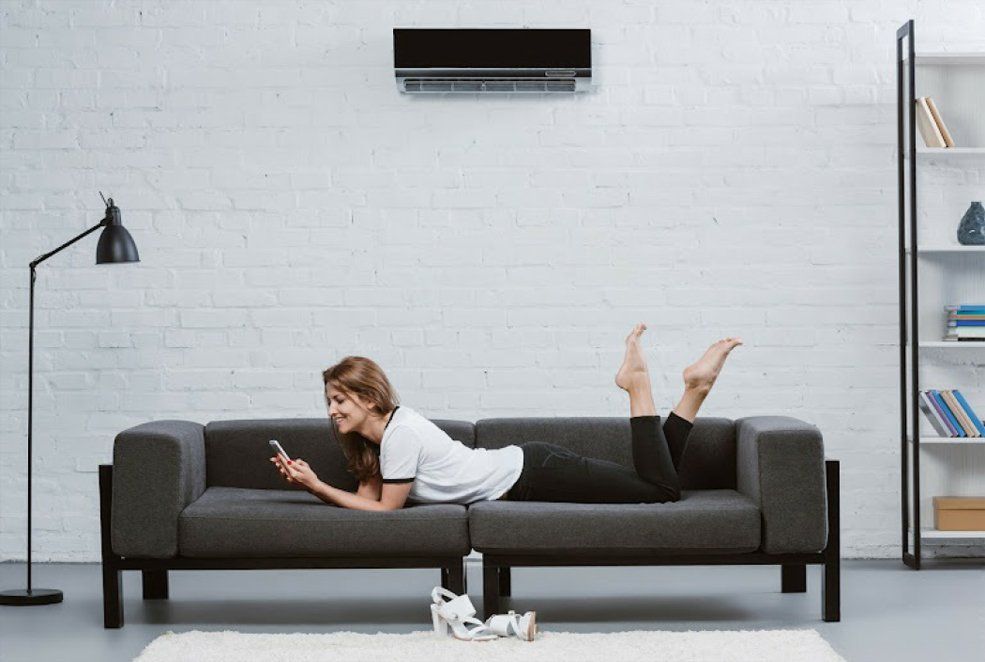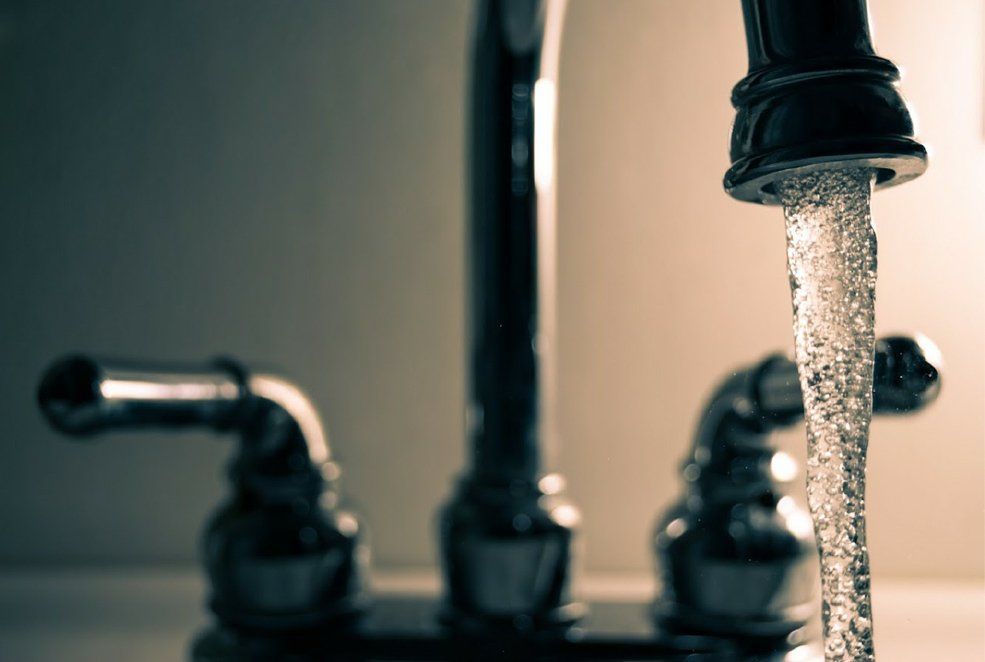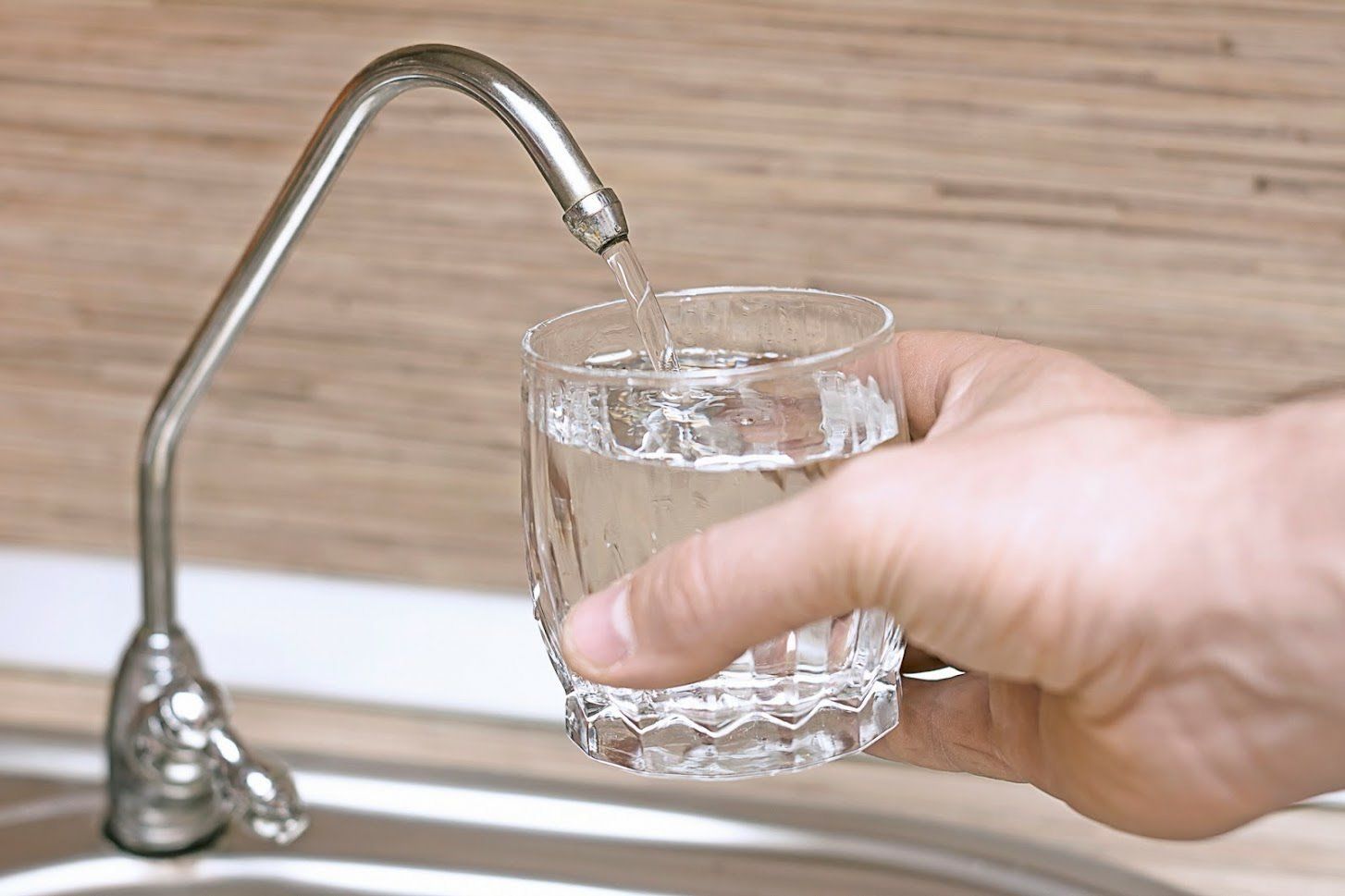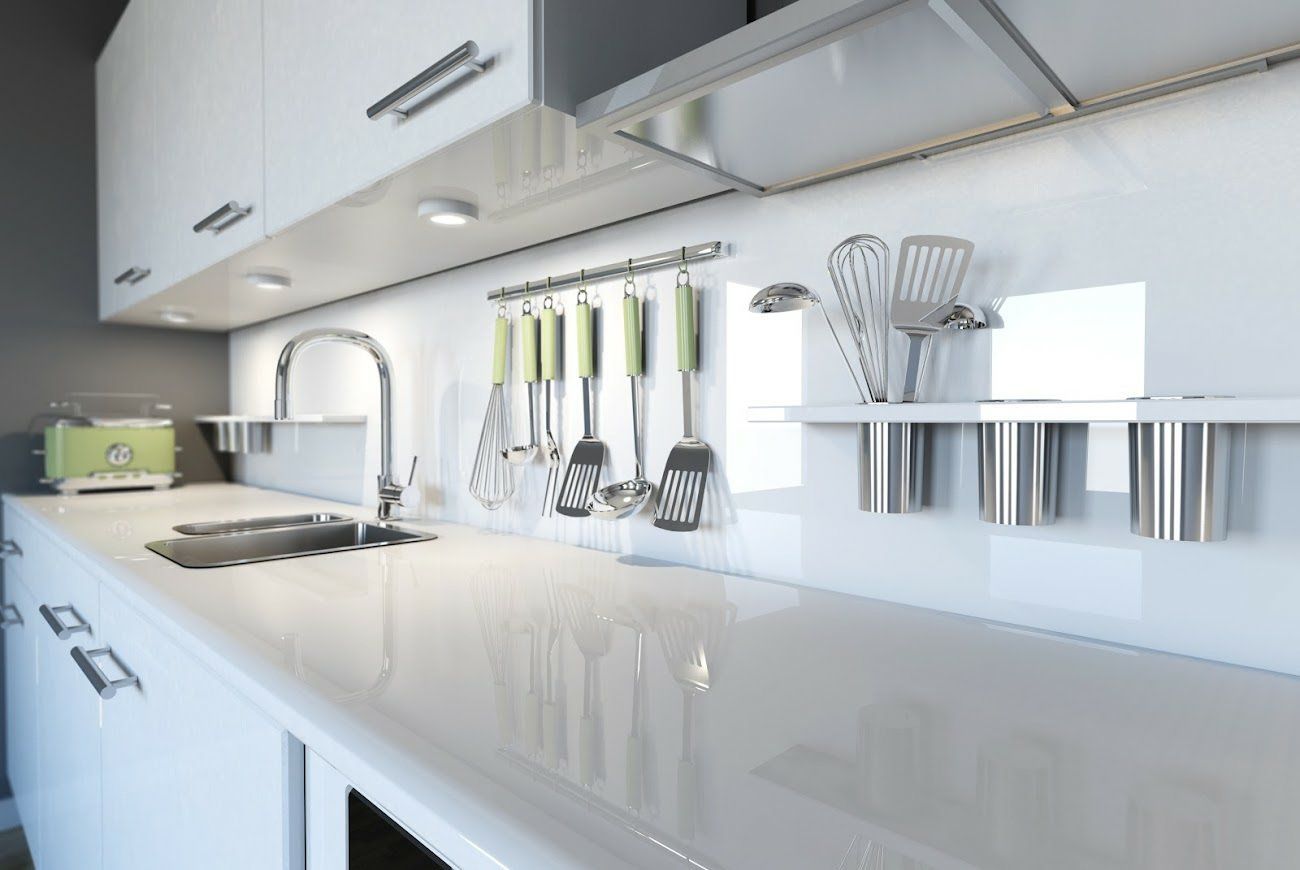5 Useful Tips to Maintain Your Home Plumbing System
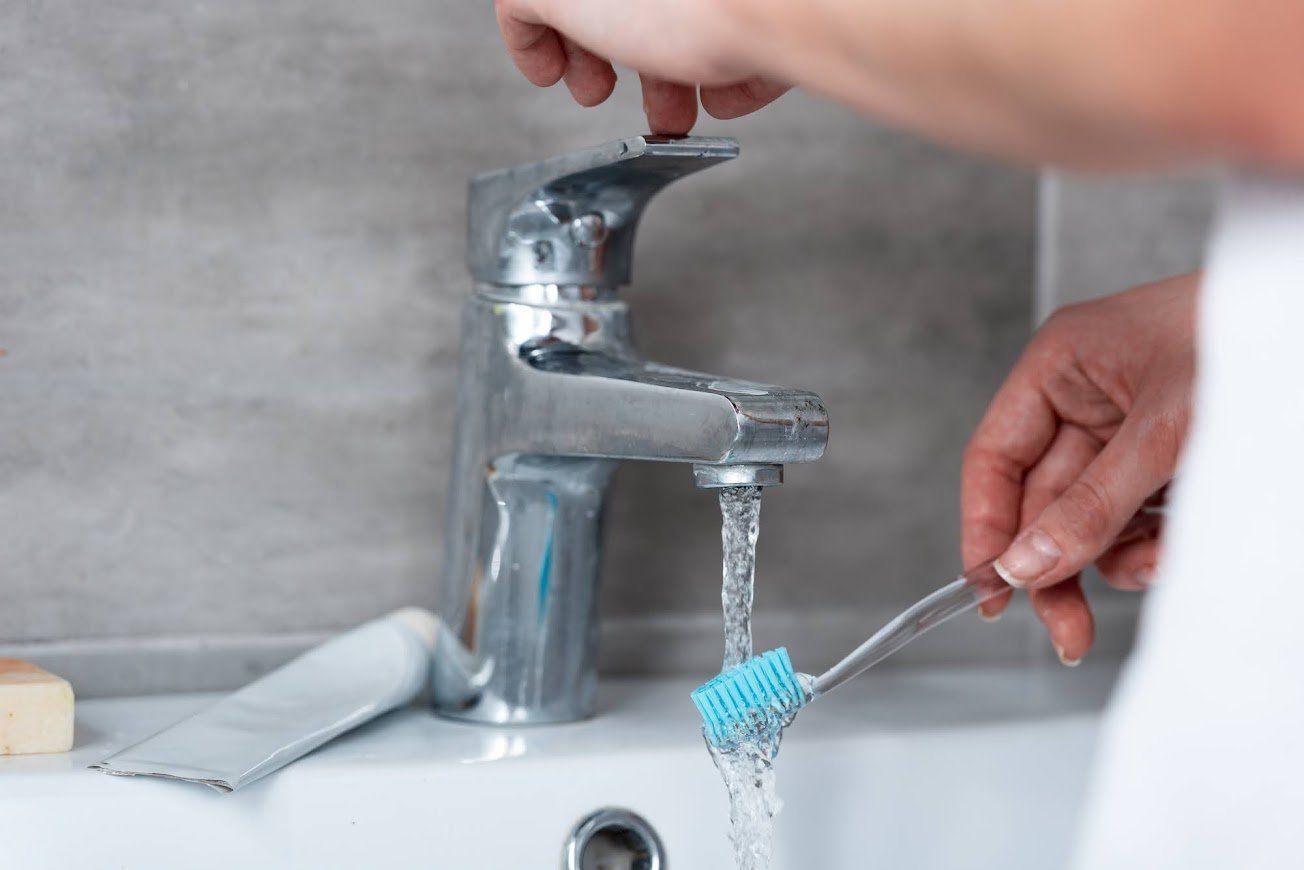
In our homes today, most if not all of us experience plumbing problems. We need a good plumbing system that offers a constant supply of water throughout with as minimal issues as possible. For this reason, it’s normal to want to learn to maintain our plumbing system.
All home plumbing systems are susceptible to issues. With time, you may experience clogs and leaks in pipes and bath tabs, poor drainage, and other issues. Luckily, it's not complicated to take care of our plumbing system. Whether you consider a professional or a DIY repair, below are basic tips to help maintain a good plumbing system.
Constant Check Out for Leaks
As simple as they look, leaks are the biggest nightmare that your plumbing system could have. They begin as a small leakage and later escalate to affect larger areas. If not addressed on time, they can be costly through exaggerated water bills or even water damage to the structure of your home.
If you notice leaks, check the valves to ensure they are tightly secured. If the leaks persist, have the valves replaced to permanently address the issue.
Proper Toilet Maintenance
Your toilet is probably among the busiest areas within the household. That’s why this part of your plumbing system is vulnerable and has to be kept in the best possible shape.
What you flush through the toilet can cause a nasty inconvenience. Your toilet is specifically designed to only flush your waste and toilet paper. Do not flush other wastes like plastics, cardboard materials, sanitary products, or cotton products. As they accumulate, the drainage pipes eventually get clogged and make it difficult to dispose of waste properly.
The toilet bowl may cause trouble as a result of overflow. As the water rises slowly after flushing, the flush valve should be well positioned to maintain the right water level. If you notice an overflow in the bowl, push the flush valve downwards to stop further water-flow.
For Clog Removal, Avoid Chemicals
The use of chemical products to remove clogs may seem like an easy way out to maintain clean pipe channels. But this will ultimately cause more harm than good to your entire plumbing system. Chemical components in the cleaner can react with installed steel pipes and affect their original structure. They can also cause corrosion which eventually affects the pipes' quality.
Get a drain snake from your local hardware store and use it to fish down the drain. While this process appears manual and tiresome, it's a certain and safer way to drain all the dirt and debris from your clogged plumbing systems without any damage to the pipes.
Hand-Tight is Right
Simple DIY plumbing projects — such as the elimination of sink traps — are a good way to spend your weekend. As you do this, check for fittings and connections to ensure they are in good shape. If they are loose, a "hand-tight" tightness is more recommended to avoid cracking pipes, damaged porcelain, stripping screws, breaking bolts, and so on.
Your fixtures will easily get loose from time to time due to normal use. Therefore, make it a routine to check the fixtures often. Should you notice any loose connections, have them repaired.
Understand Where Your Water Shut-Off Valves Are Located
This is critical in emergency situations. For instance, as you clean your sewer lines, you may have to control the supply of water to the entire household and not just one room. Therefore, knowing the exact position of the water shut-off valve saves you a lot of time and trouble.
To manage your plumbing fixtures, understand when it can be done on a DIY basis or when it's best left to professionals. Art Douglas Plumbing Inc is an experienced company that values customer satisfaction. Contact us today for all your plumbing services.

